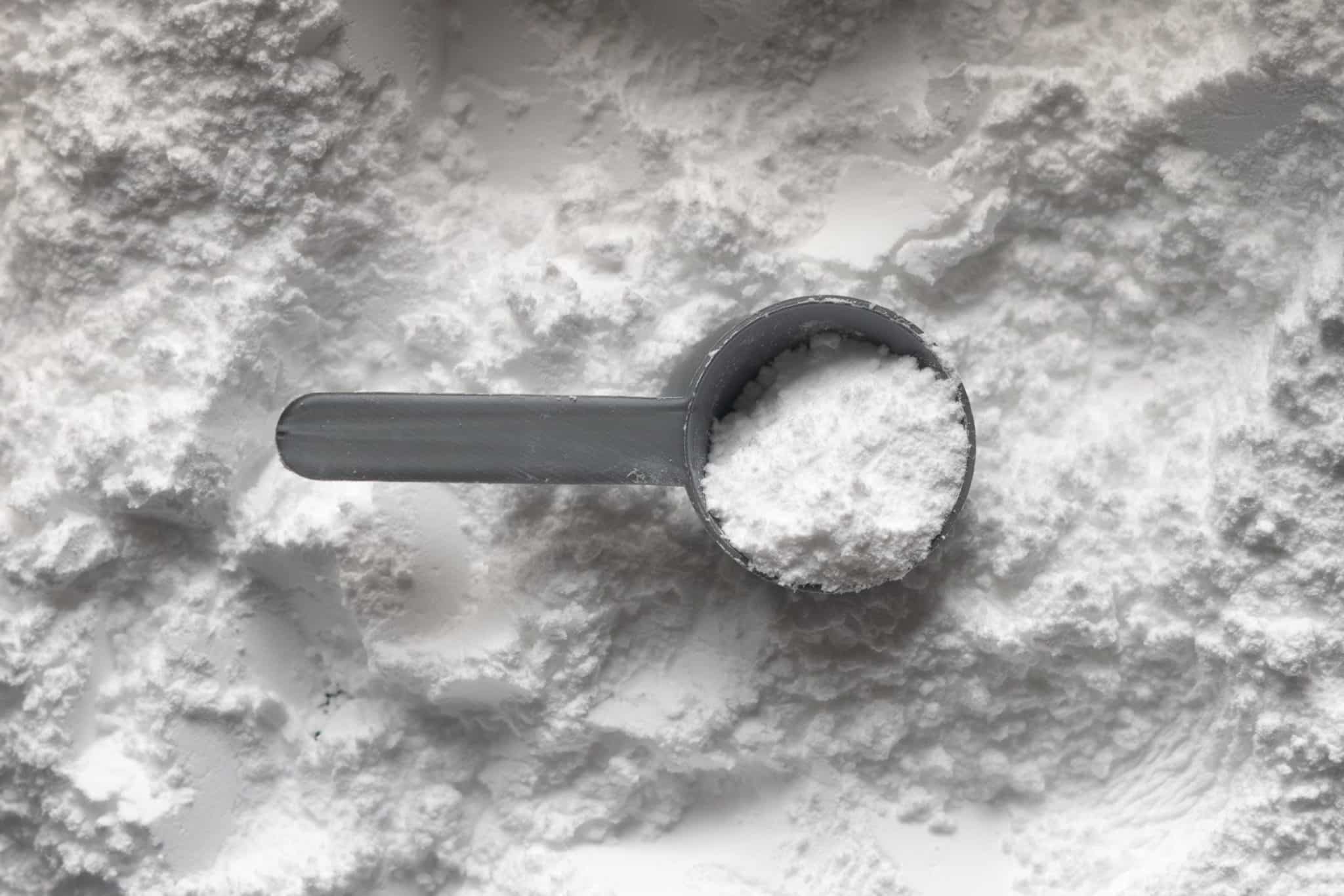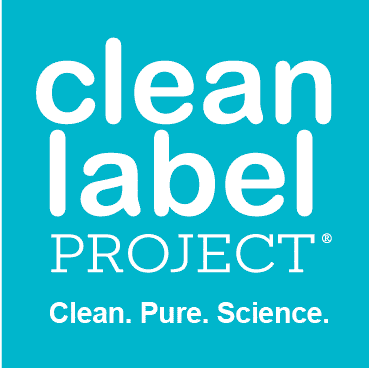Clean Protein or Toxic Blend? The Truth About Protein Powder

As more and more people decide to adopt a healthy and active lifestyle, protein powder sales have increased significantly. This wildly popular dietary supplement continues to see great success. Consumers rely on it to lose weight, strengthen their muscles, accelerate post-workout recovery, and enhance their health and well-being overall. This makes finding clean protein more important for consumers.
While protein powder may appear to have many promising effects, not every product is safe to consume. To ensure that they get the most out of their supplements, consumers should pay close attention to the protein powder ingredients listed on the label. Here are some of the main dangers of taking conventional protein powder and how switching to clean protein can change people’s lives for the better.
What’s Hiding Inside Protein Powder?
Before buying a new protein powder product, consumers should be extremely wary of the toxic ingredients that are hidden inside their favorite supplements. However, the most toxic ingredients are never listed on the label.
The most common toxins found inside protein powder are heavy metals. These may include arsenic, lead, cadmium and/or mercury. Studies have found that prolonged exposure to heavy metals may play a significant role in the development of certain degenerative diseases, such as Alzheimer’s, Parkinson’s, and multiple sclerosis.
Many protein powder products also contain traces of pesticides, mycotoxins, BPA, and residual solvents. Traces of these substances have been linked to a higher risk of heart disease, cancer, hypertension, and immune system deficiency. Because even small amounts of these toxins can have a detrimental effect on human health, it’s crucial that customers take a closer look at the ingredients on their protein powder before making a purchase.
How To Look for Clean Protein
Customers should be sure to seek out the right elements in their protein powder. First, the best protein powder should have a healthy ratio of protein. Generally speaking, protein powders should contain at least 15-20 grams of protein per serving. Consumers should consult with their doctors first to ensure that they’re getting the proper amount of protein from their supplements.
Another crucial factor is amino acids. Many clean protein powders are fortified with amino acids to promote healthy muscles, improved digestion, enhanced tissue repair, and increased energy levels.
When looking for healthy protein powder ingredients, it’s also vital to avoid artificial colors, flavors, and added sugars.
Finding Clean Protein with the Best Ingredients
Being proactive when shopping for protein powder is essential to staying healthy. By avoiding toxic elements and seeking out only clean ingredients, consumers can get the most out of their protein powder supplements. Finding clean protein also helps customers establish healthy habits that encourage them to lead cleaner and more wholesome lifestyles.
